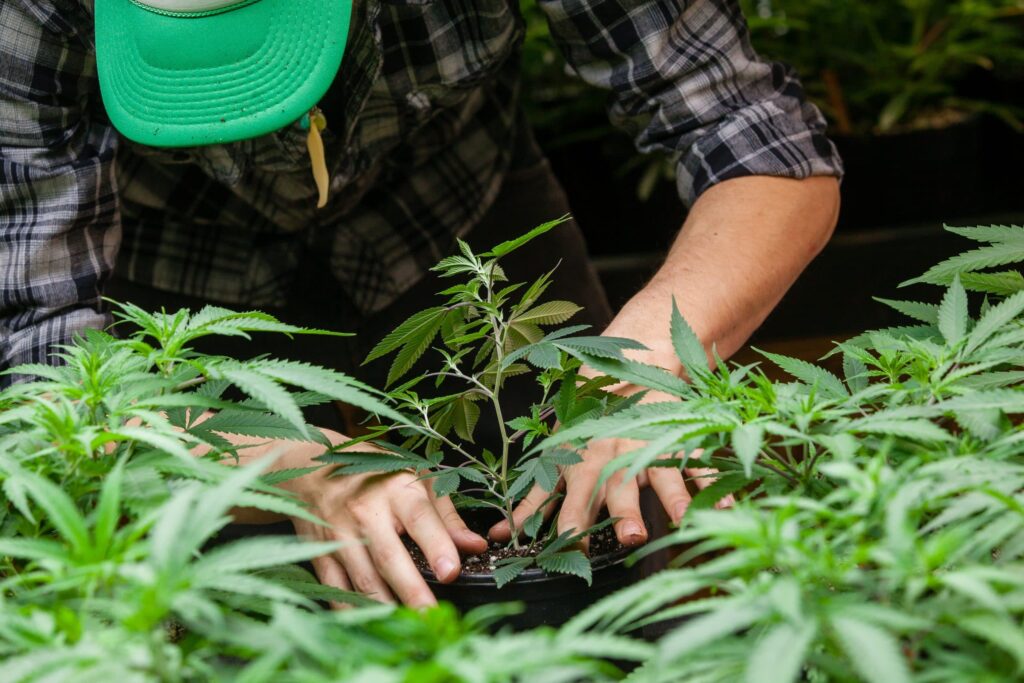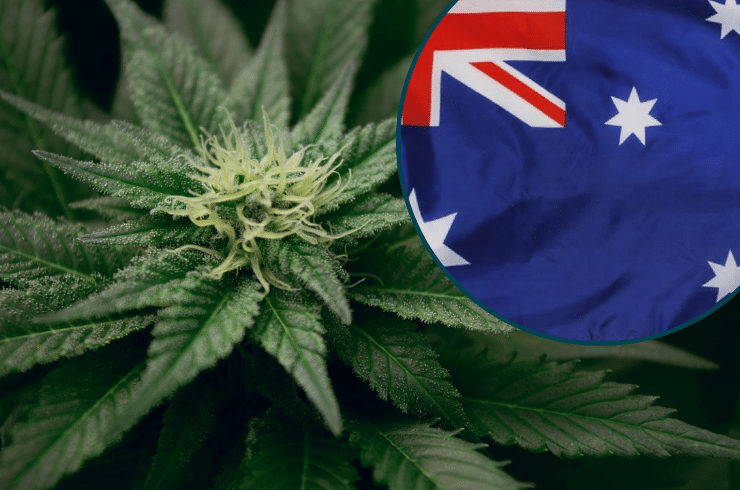In Australia, cannabis home growing laws vary sharply between states and territories, and licensing or permit requirements depend on where you live. As of 2025, only the Australian Capital Territory (ACT) permits limited personal cannabis cultivation without a license, while the rest of the country maintains strict regulations or outright bans. In most jurisdictions, growing cannabis at home for any purpose—recreational or medical—requires formal authorisation, and failing to obtain the appropriate permit can result in severe penalties. These laws are designed to control the production of cannabis, prevent diversion into illegal markets, and ensure cultivation meets health and safety standards.
When a License or Permit Is Required

In the ACT, adults aged 18 and over can grow up to two cannabis plants per person (maximum of four per household) for personal use without any license or permit. However, the plants must be grown in soil, outdoors, and out of public view—hydroponic setups remain prohibited. In all other Australian jurisdictions, home cannabis cultivation for recreational use is illegal, and a license is mandatory for any legal growing. Licenses are generally reserved for medical cannabis production, research, or authorised commercial supply. For patients, access to legally grown cannabis at home is only possible through participation in specific state or territory medical programs that permit personal cultivation, which are rare and heavily regulated.
Medical Cannabis Home Grow Permits
In limited cases, patients with chronic or severe medical conditions may apply for permission to cultivate cannabis for personal therapeutic use. This typically requires approval under the federal Special Access Scheme or Authorised Prescriber Scheme, combined with state or territory consent for cultivation. The application process involves obtaining a prescription from an approved doctor, demonstrating a legitimate medical need, and proving the ability to grow cannabis in compliance with safety and security requirements. Some states, like Tasmania and Queensland, do not allow any home cultivation even for medical purposes, instead requiring patients to obtain their cannabis from licensed suppliers.
Commercial and Research Cultivation Licenses
For those seeking to grow cannabis beyond personal medical needs, a commercial cultivation or research license is required. These licenses are issued by the federal Office of Drug Control (ODC) and demand strict adherence to security, record-keeping, and production standards. Applicants must undergo background checks, provide detailed facility plans, and meet stringent site security requirements. While these licenses are not intended for typical home growers, some small-scale cultivation businesses operate under these frameworks, provided they meet the extensive compliance obligations.
Compliance and Enforcement
Cannabis cultivation licenses in Australia come with ongoing compliance obligations. Licensed growers must keep detailed records of plant numbers, growth stages, and yields, and they are subject to inspections by law enforcement or regulatory agencies. Failing to follow license conditions—such as growing more plants than approved, failing to secure the grow area, or diverting cannabis to the black market—can result in license revocation, fines, and criminal prosecution. Even in the ACT, where no license is needed for small-scale personal growing, exceeding the plant limit or using prohibited cultivation methods can lead to penalties.
Staying Within the Law

For Australians interested in cultivating cannabis legally at home in 2025, the most important step is understanding the interplay between federal and state laws. In most of the country, recreational growing is banned, and licenses are generally limited to medical, research, or commercial purposes. The ACT remains the only jurisdiction allowing unlicensed personal cultivation, but even there, strict conditions apply. By keeping up to date with evolving regulations and adhering to all plant limits, permit requirements, and security standards, home growers can reduce the risk of legal issues and ensure their cultivation stays within the boundaries of the law.





